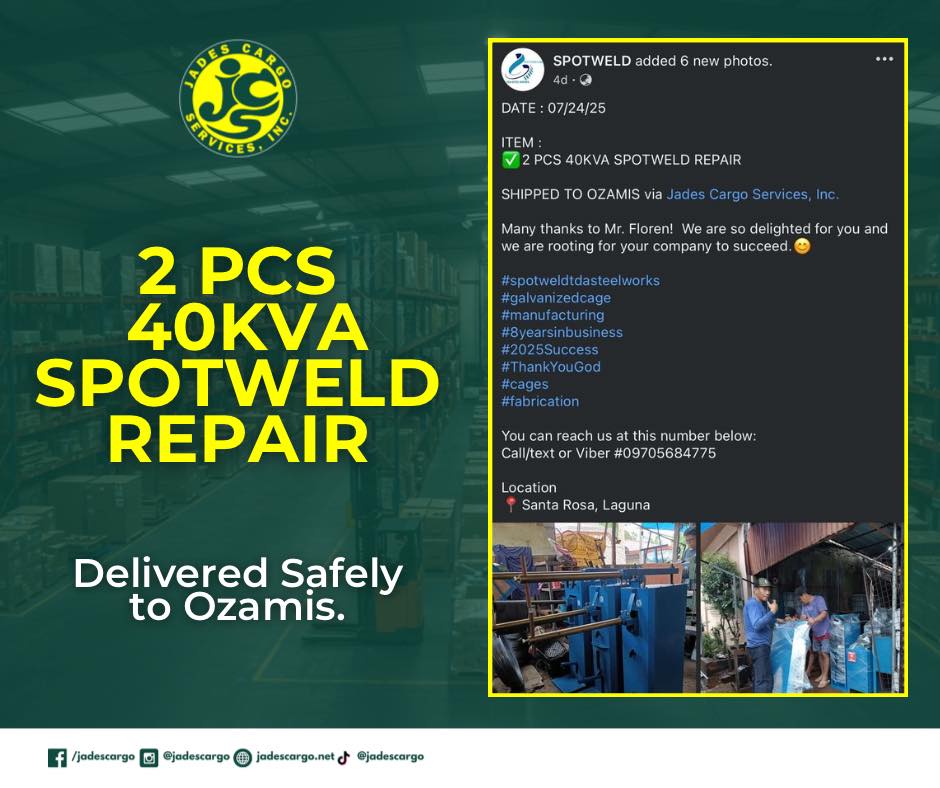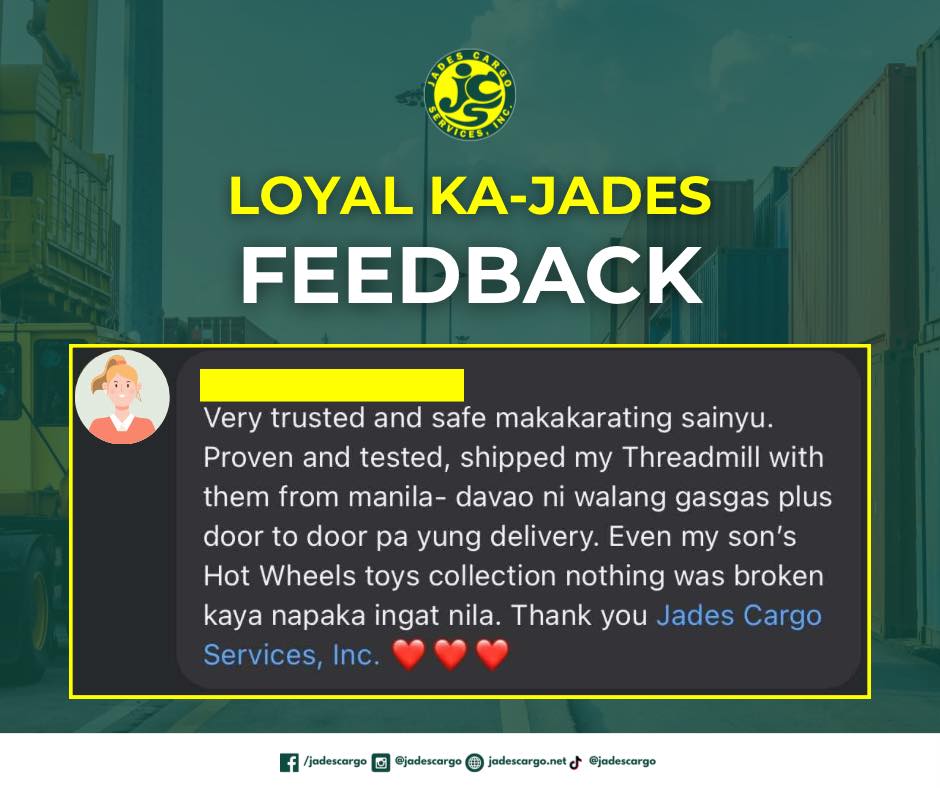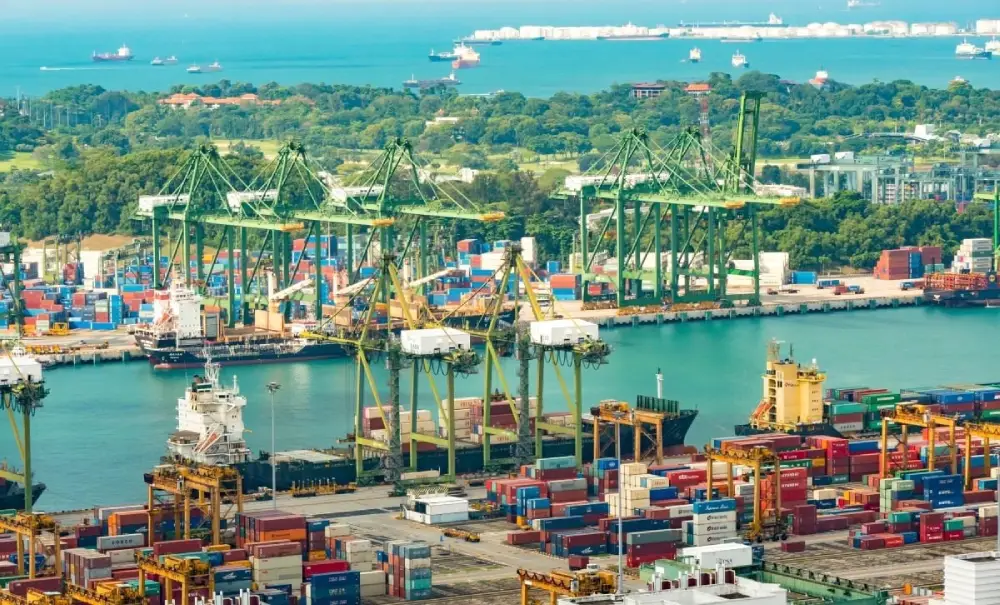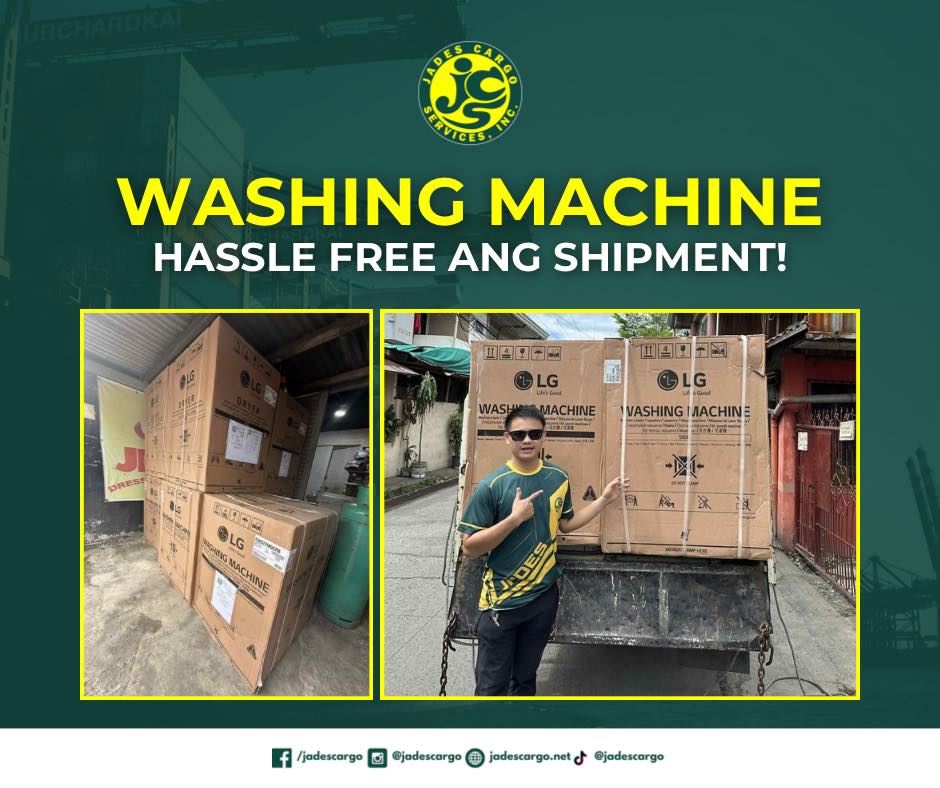
In today’s interconnected global market, import from China to the Philippines presents countless opportunities for businesses looking to scale, diversify, and reduce costs. However, the process of selecting a dependable supplier is critical to ensure product quality, avoid disruptions, and establish strong, long-lasting partnerships. JEX Cargo Logistics Corp. specializes in guiding businesses through the import journey, from finding reliable suppliers to handling all logistics, ensuring a smooth, profitable experience.
This guide provides practical tips on how to choose trustworthy suppliers in China to maximize the success of your import operations to the Philippines.
1. Identify Your Product Requirements
Before beginning your search, having a comprehensive understanding of your product requirements is essential. Here are some key factors to consider:
- Quality Standards: Define the specific quality standards your product must meet, especially if there are regulations in the Philippines that could affect your product’s admissibility.
- Specifications: Clearly outline product dimensions, materials, packaging, and functionality.
- Quantity and Order Frequency: Having an idea of your order volume and frequency helps suppliers gauge their capacity to meet your demands reliably.
Establishing these requirements not only helps you refine your supplier list but also signals to potential suppliers that you are a serious, prepared buyer, enhancing communication effectiveness.
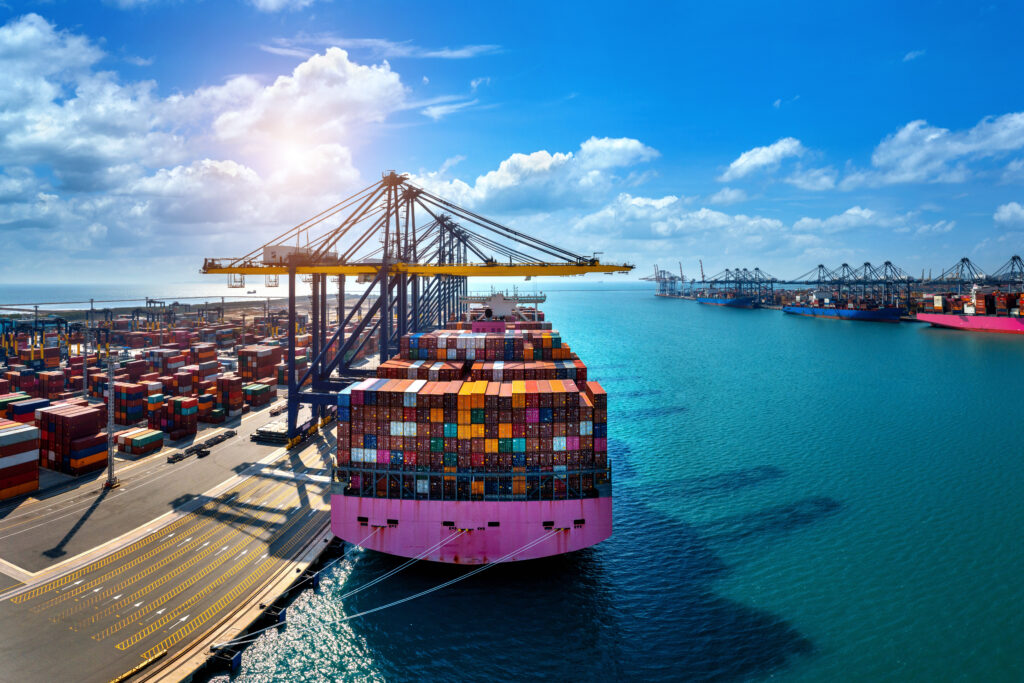
2. Use Verified Supplier Platforms
When seeking reliable suppliers, using trusted platforms that verify supplier legitimacy is crucial. Some well-regarded platforms for import from China to the Philippines include:
- Alibaba.com: A popular platform for international sourcing, offering Trade Assurance services and verified supplier badges.
- Global Sources: Known for high-quality suppliers, this platform conducts thorough checks and verification processes.
- Made-in-China.com: A comprehensive platform for sourcing a wide range of products, often with a strong focus on manufacturing industries.
These platforms allow you to access supplier profiles, view customer reviews, and check their trading history, offering a layer of security in your supplier selection.
3. Assess Supplier Experience and Capability
Evaluating the experience and production capability of your potential suppliers is essential to ensure that they can fulfill your needs. Here’s what to look for:
- Years in Business: Suppliers with several years in the industry tend to be more reliable and better equipped to handle large orders.
- Production Capacity: Review if the supplier can manage your required volume without delays.
- Export Experience: Suppliers with experience exporting to the Philippines or other Southeast Asian countries are more familiar with local regulations and logistics, helping to streamline the import process.
JEX Cargo Logistics Corp. recommends asking for references from past clients or case studies, as this can provide valuable insights into the supplier’s ability to meet your needs consistently.
4. Request Samples Before Committing to Bulk Orders
One of the most effective ways to gauge product quality is by ordering samples. Reliable suppliers will be open to providing samples for testing purposes, allowing you to assess:
- Product Quality: Verify that the product matches your standards and specifications.
- Packaging and Labeling: Ensure packaging meets your expectations and any Philippine import labeling requirements.
- Consistency: Check for consistency across multiple samples, especially if you’re ordering products in bulk.
While sample requests may incur a small fee, it’s a cost-effective way to mitigate risks associated with low-quality products and ensure that your investment aligns with your expectations.
5. Check Supplier Compliance with Certifications and Standards
Many products require certifications or adherence to specific quality standards, particularly when import from China to the Philippines. Ensuring that your supplier complies with these standards can prevent customs issues and maintain your brand’s credibility.
- ISO Certification: ISO standards are widely recognized, and suppliers with these certifications are more likely to have rigorous quality control measures.
- Philippine Compliance: Products such as electronics, toys, and machinery may require Philippine-specific compliance (e.g., ICC mark or FDA approval).
- Product-Specific Standards: For instance, if importing textiles, check for certifications like OEKO-TEX or if importing food, ensure the supplier has food safety certifications.
Reviewing these certifications provides peace of mind that the products you receive meet safety and quality requirements, reducing the risk of costly customs rejections or product recalls.
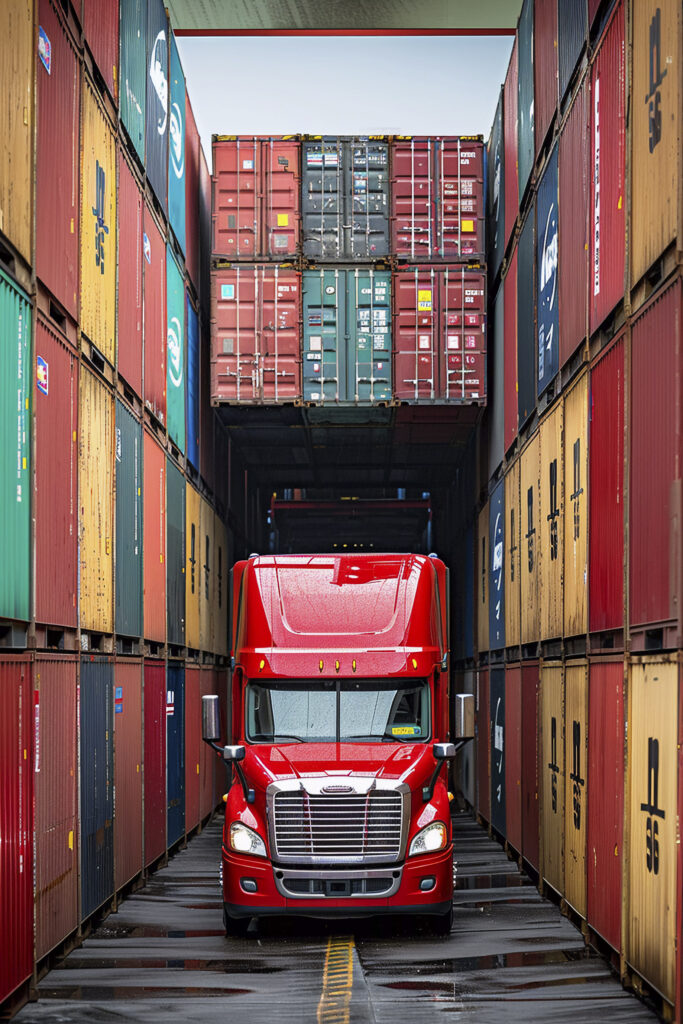
6. Evaluate Communication and Customer Service
Effective communication is critical when dealing with overseas suppliers. Evaluate the supplier’s responsiveness and communication skills from your first interaction, as it indicates their commitment to customer service and professionalism.
- Language Proficiency: Communication in English or other common business languages facilitates smoother negotiations and fewer misunderstandings.
- Prompt Responses: Suppliers who respond promptly are typically more reliable and proactive.
- Transparency: Reliable suppliers are transparent about pricing, timelines, and production processes, ensuring a smooth transaction.
Establishing clear, open communication lines is vital to address any issues quickly and avoid misunderstandings. At JEX Cargo Logistics Corp., we advise businesses to ensure communication clarity with suppliers to maintain a strong business relationship.
7. Investigate the Supplier’s Reputation and Reviews
Researching your potential supplier’s reputation provides valuable insight into their reliability and product quality. Here are ways to assess their standing:
- Customer Reviews and Ratings: Many platforms like Alibaba include reviews from previous customers.
- References and Testimonials: Ask suppliers to provide references, which can offer a firsthand account of their reliability and product quality.
- Third-Party Audits: If possible, request third-party audits of the supplier’s manufacturing facilities to validate their claims and quality standards.
Reviewing feedback from other buyers allows you to identify potential red flags, saving you from unreliable suppliers and potential financial losses.
8. Secure a Reliable Freight Forwarding Partner
Even with the best supplier, managing logistics for import from China to the Philippines can be complex. Partnering with a reputable freight forwarder like JEX Cargo Logistics Corp. can simplify your process by managing customs, documentation, and warehousing. Reliable logistics support ensures your products reach the Philippines on time and in optimal condition.
A good logistics partner will offer services tailored to your import needs, providing flexible shipping options, cargo insurance, and customs brokerage, making the transition from factory to warehouse seamless.
Choosing reliable suppliers when you import from China to the Philippines is a vital step that requires research, evaluation, and due diligence. By understanding your product requirements, using verified platforms, assessing supplier experience, and partnering with an experienced freight forwarder, you set your business up for success. At JEX Cargo Logistics Corp., we are committed to supporting businesses with comprehensive logistics solutions, allowing you to focus on building strong, profitable relationships with trustworthy suppliers in China.


